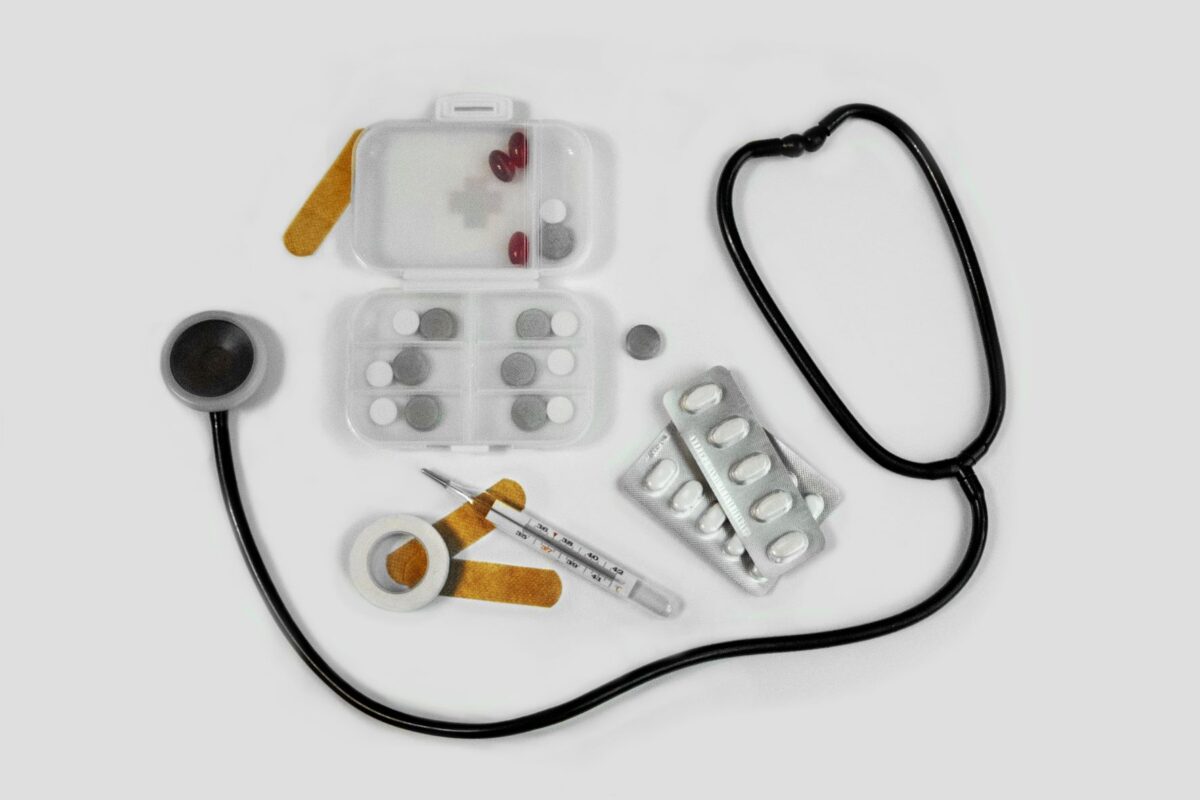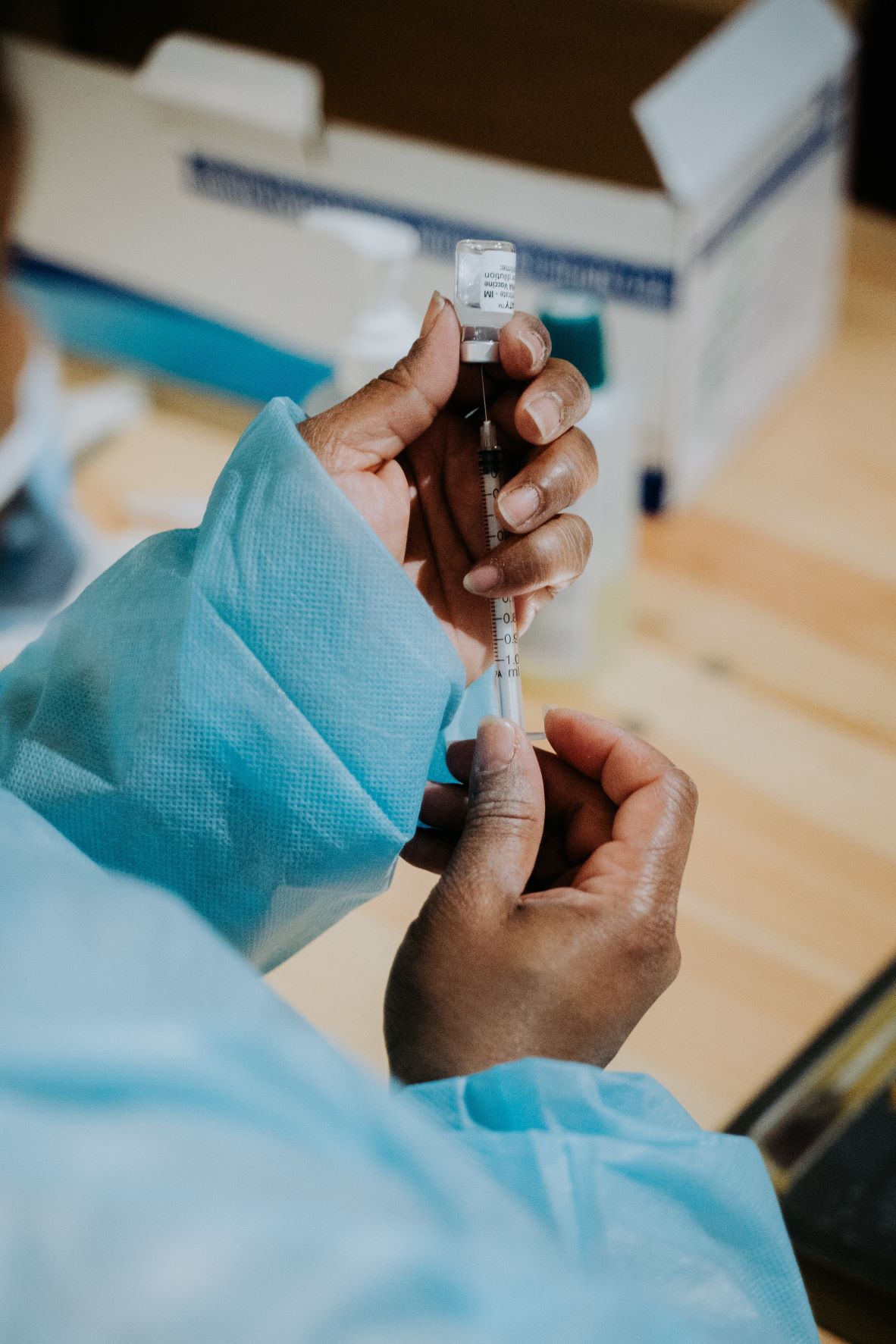Harm Reduction: REACH Medical
Image by Julia Zyablova via Unsplash
Harm reduction is an controversial concept, despite substantial research showing that it makes a difference in saving lives, in limiting disability, and in helping people get into treatment. Much of the research on harm reduction arose during the HIV epidemic in the 1990’s when rates of infection soared with IV drug use. Researchers found that dispensing sterile needles used for IV drug use limited the spread of HIV, reduced the rate of other infections such as hepatitis, and helped people to get into treatment earlier.
The concept has been embraced by organizations in the forefront of preventing addictions and improving services for treatment and recovery. REACH Medical is a nonprofit harm reduction organization based in Ithaca, NY that received a federal grant to expand its work with people with substance use disorders and addictions.
On this podcast, registered nurse Diana Mason, PhD, RN, spoke with Dr. Justine Waldman, MD, FACEP, medical director of REACH Medical, about harm reduction and how REACH Medical puts it into practice it every day.
This podcast first aired on HealthCetera in the Catskills on WIOX Radio on April 21st, 2021.
Podcast: Play in new window | Download
Image by Julia Zyablova via Unsplash Harm reduction





